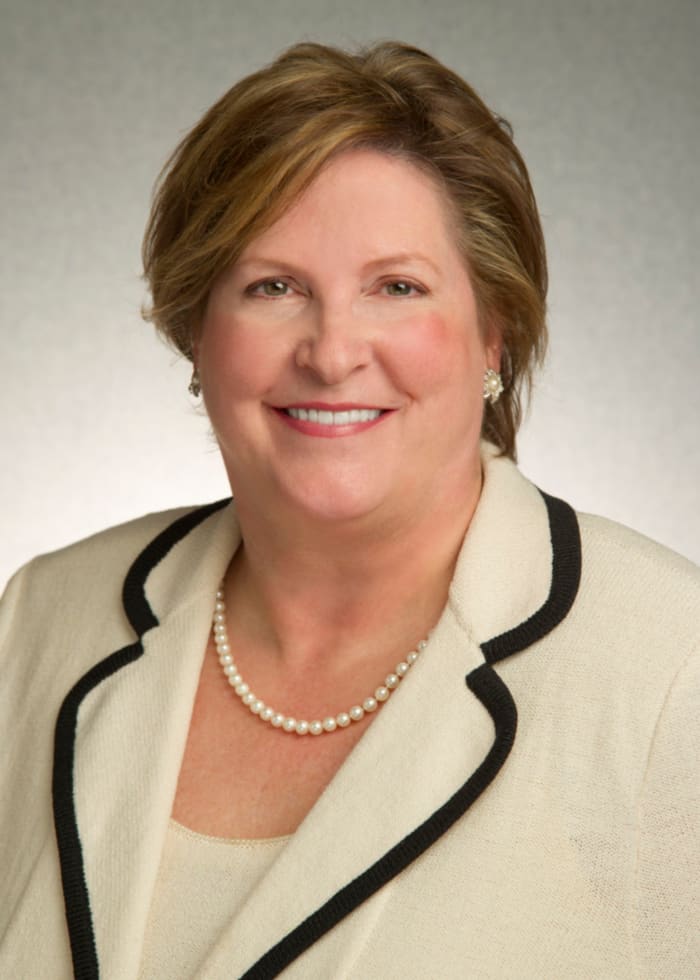Local Journalism Plays Key Role in the Age of Opinion
Broadcast news is the best path to preserving objective journalism

The smarter way to stay on top of broadcasting and cable industry. Sign up below
You are now subscribed
Your newsletter sign-up was successful
When it comes to news, we find ourselves living in a world with access to more and more information, but we are somehow less informed. Instead of being provided facts, we increasingly are told how to think about something — many times not even knowing what that something really is. On many platforms, the line between news and opinion has become so blurred.
The good news is that in the midst of all of this confusion, local television finds itself holding a unique and enviable position as the trusted source of information — one that still believes in telling the story the way I learned to tell it in journalism school many years ago: who, what, when, where, why and how.
Following Standard General’s acquisition of Tegna, it will be my privilege to serve as CEO and lead a terrific group of dedicated broadcast and digital employees. Under our leadership, Tegna will be the nation’s largest minority-owned and woman-led broadcasting group. But more than that, through continued hard-hitting, objective local journalism — done the right way — we will continue to ask the tough questions and provide the public the information they need.
Stations’ Key Advantages
Through my leadership of Media General and Young Broadcasting, I have 30-plus years of experience working with newsrooms in all types of markets, both large and small. Regardless of the size of the market, each of these local broadcast stations have possessed a number of key advantages.
First, they were transparent and accountable to the communities they served. Local broadcasters build trust with viewers through consistent, dependable information and honest and direct reporting. This stands in stark contrast to the behavior of anonymous purveyors of “news” information on the internet.
Second, they were responsive to the old maxim that “all news is local” — that it must relate to the daily needs of viewers, who care not only about hometown sports and weather but also about their schools, the accountability of government officials and the safety of their neighborhoods.
Third, their viewers still inherently trust local journalists. This is not to ever be taken for granted, however, as a station’s reputation is tested each day, and we are only as good as our last story.
The smarter way to stay on top of broadcasting and cable industry. Sign up below
Fourth, broadcasters have worked hard to protect the distribution of their valuable content, which is essential to funding strong local newsrooms. This is in sharp contrast to the reality of regional newspapers, which were late to the table in protecting the distribution of their content. As a result of this and other missed opportunities, many newspapers find themselves in a tragic cycle of cuts to news operations as they continue to shrink in size, substance and circulation – in large part due to cuts to news operations. Our world is very different from that of newspapers.
Now is the time to take advantage of our unique position and run with it. To be successful, we need to deliver our local content to viewers and users on their terms. This requires us to be where they are. Modern newsrooms need to be nimble, and outdated divisions (broadcast vs. digital) in the newsroom will not work. Each station needs its newsroom personnel to work together as one newsroom to push its content on multiple platforms.
This approach allows us to reach and serve all of our community, including those who may only access content on a phone. Expanded distribution also supports an inclusive environment that welcomes a diversity of voices.
Keeping Watch on Local Government
We as broadcasters also need to invest in efforts to protect journalism and access to information. Newspapers once led this charge, but the responsibility has increasingly fallen on local broadcasters and other media to support access cases and reporters’ rights. In an age of virtual meetings and electronic communication, we know less and less about what is happening with our local governments. We need to protect our journalists’ rights to access.
Standard General and I are ready to build on the successes at Tegna through prioritizing needed investments in news and, most importantly, people. We believe this is essential to expanding local news content and safeguarding our communities’ access to objective and reliable news.
All broadcasters should see these efforts as being as essential as paying the power bill. If we as broadcasters fail, then our viewers will be left in the dark. ■
Deb McDermott is CEO of Standard Media.

